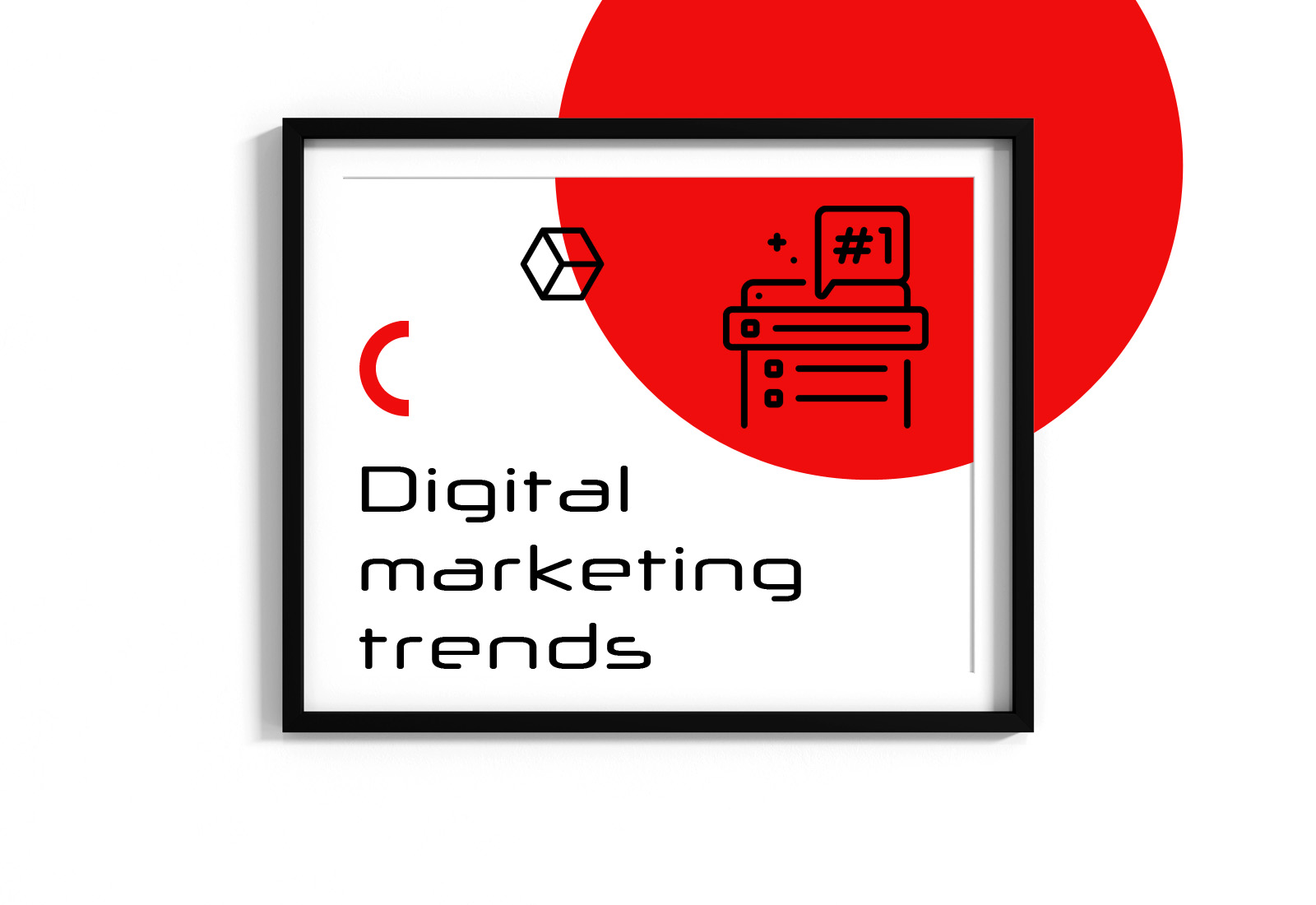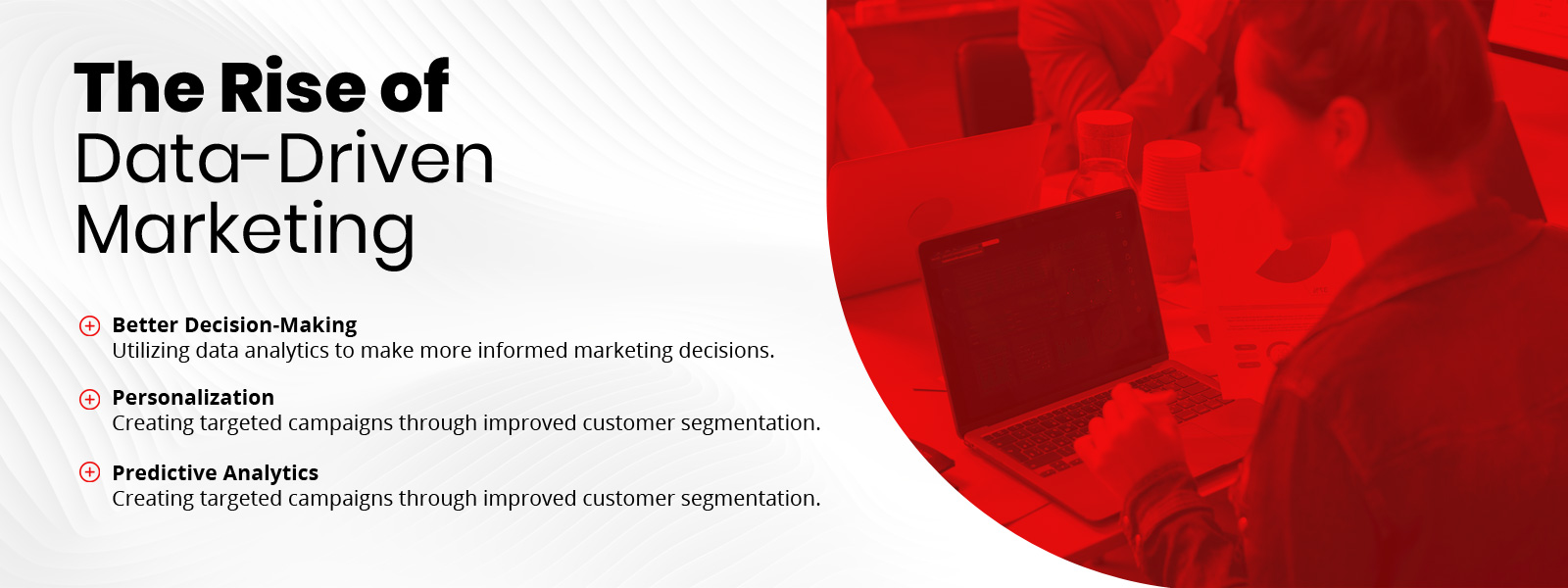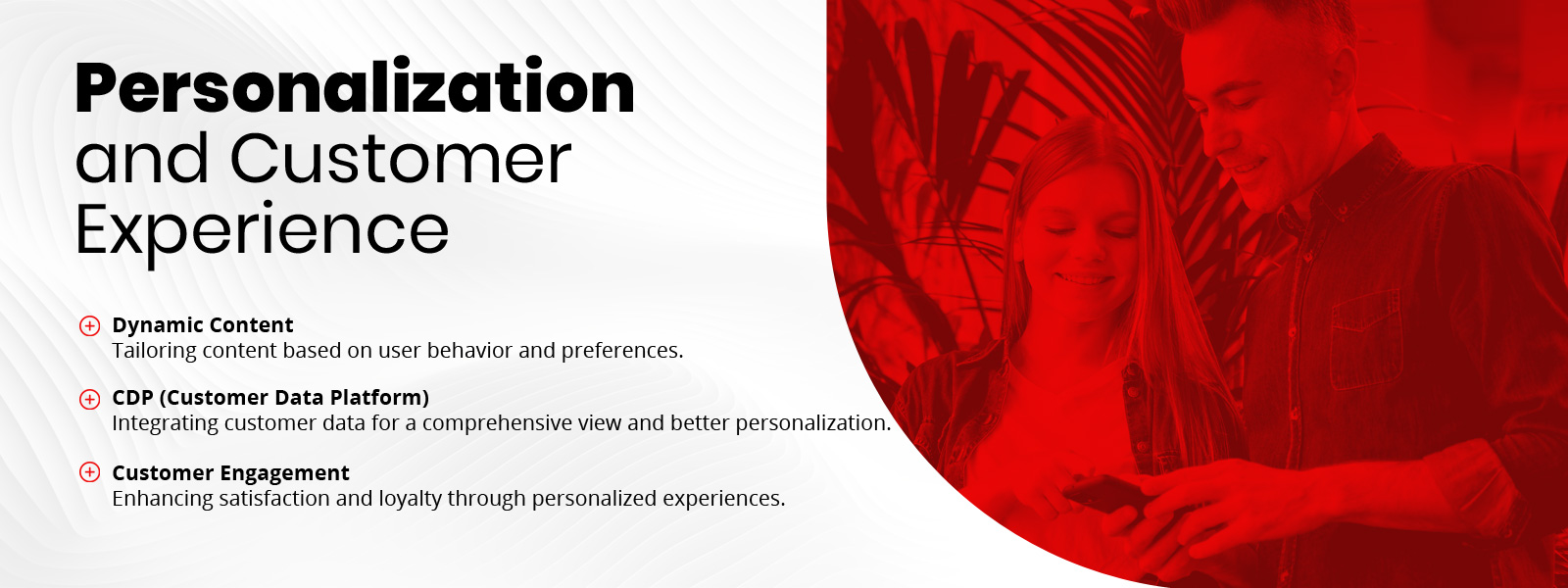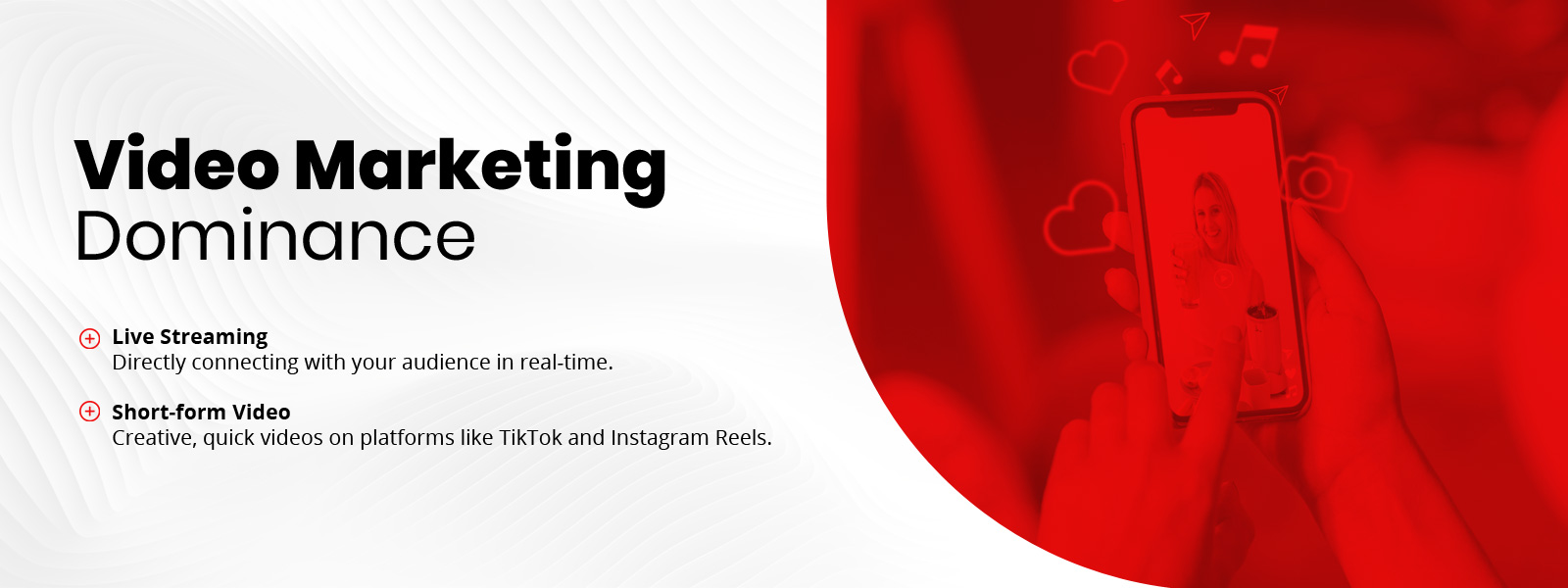
The digital marketing landscape is constantly evolving, with new trends and technologies emerging at a rapid pace. Staying ahead of these trends is essential for brands looking to maintain a competitive edge and effectively reach their target audience. This article explores the latest digital marketing trends, offering insights into data-driven strategies, personalization, artificial intelligence, video marketing, and more.
- The Rise of Data-Driven Marketing
- Personalization and Customer Experience
- Artificial Intelligence in Digital Marketing
- Video Marketing Dominance
- The Importance of Mobile Optimization
- Social Media Trends and Strategies
- Voice Search and Smart Speakers
- Privacy and Data Protection
- Emerging Technologies in Digital Marketing
The Rise of Data-Driven Marketing
Data-driven marketing involves using data analytics and insights to inform and optimize marketing strategies. By leveraging customer data, brands can create more targeted and effective campaigns. Data-driven marketing enables personalized communication, improved customer segmentation, and better decision-making.
Advanced analytics tools allow marketers to gather and analyze data from various sources, including website traffic, social media interactions, email campaigns, and customer behavior. This data provides valuable insights into customer preferences, interests, and buying patterns, helping brands tailor their messaging and offers to meet specific needs.
Predictive analytics is another powerful aspect of data-driven marketing. By analyzing historical data and identifying patterns, brands can predict future trends and customer behavior. This allows for more proactive and strategic planning, such as anticipating product demand, optimizing inventory, and identifying new market opportunities.

Personalization and Customer Experience
Personalization is a key driver of customer satisfaction and loyalty. Consumers expect brands to deliver personalized experiences that cater to their individual preferences and needs. Personalization can take many forms, from personalized email campaigns and product recommendations to customized website experiences.
One of the most effective ways to implement personalization is through dynamic content. Dynamic content changes based on the user’s behavior and preferences, creating a more relevant and engaging experience. For example, a personalized homepage may display different products or offers based on the user’s browsing history and past purchases.
Customer data platforms (CDPs) are essential tools for achieving personalization at scale. CDPs collect and unify customer data from various sources, providing a comprehensive view of each customer. This data can then be used to create personalized marketing campaigns and improve customer interactions across all touchpoints.

Artificial Intelligence in Digital Marketing
Artificial intelligence (AI) is transforming digital marketing by automating tasks, enhancing customer interactions, and providing valuable insights. AI-powered tools can analyze vast amounts of data, identify patterns, and make predictions, enabling marketers to make more informed decisions.
One of the most common applications of AI in digital marketing is chatbots. Chatbots provide instant customer support and assistance, improving response times and customer satisfaction. AI-powered chatbots can handle routine inquiries, guide customers through the purchasing process, and provide personalized recommendations. AI is also used in programmatic advertising, where automated systems buy and place ads in real-time based on predefined criteria. Programmatic advertising ensures that ads are shown to the right audience at the right time, maximizing the effectiveness of marketing spend.
Video Marketing Dominance
Video content continues to dominate digital marketing, with consumers increasingly preferring video over other forms of content. Video marketing offers a highly engaging way to communicate brand messages, showcase products, and tell stories.
Live streaming has become particularly popular, allowing brands to connect with their audience in real-time. Live streams can be used for product launches, behind-the-scenes looks, Q&A sessions, and more. Platforms like Facebook Live, Instagram Live, and YouTube Live offer powerful tools for live streaming. Short-form videos, such as those on TikTok and Instagram Reels, are also gaining traction. These platforms encourage creativity and spontaneity, providing an excellent opportunity for brands to create viral content. Short-form videos are ideal for capturing attention quickly and driving engagement.

The Importance of Mobile Optimization
With the majority of internet traffic coming from mobile devices, mobile optimization is crucial for digital marketing success. A mobile-friendly website ensures a seamless user experience, reducing bounce rates and improving conversions.
Responsive design is essential for mobile optimization. A responsive website adapts to different screen sizes and orientations, providing a consistent experience across all devices. This includes optimizing images, fonts, and navigation for mobile users.
Mobile optimization also extends to email marketing. Emails should be designed with mobile users in mind, ensuring that they are easy to read and interact with on smaller screens. This includes using concise subject lines, clear call-to-action buttons, and mobile-friendly layouts.
Social Media Trends and Strategies
Social media continues to be a powerful marketing channel, with new trends and features constantly emerging. Brands must stay updated on social media trends to effectively engage with their audience and leverage new opportunities.
User-generated content (UGC) is a growing trend on social media. Encouraging customers to create and share content related to your brand can boost authenticity and trust. UGC campaigns often involve hashtags, contests, and challenges that incentivize participation.
Ephemeral content, such as Instagram Stories and Snapchat Snaps, is another trend gaining popularity. Ephemeral content is temporary and disappears after a short period, creating a sense of urgency and exclusivity. This type of content is ideal for behind-the-scenes looks, limited-time offers, and interactive experiences.
Voice Search and Smart Speakers
Voice search is becoming increasingly popular, with the rise of smart speakers like Amazon Echo and Google Home. Optimizing for voice search requires a different approach than traditional SEO, as voice queries tend to be more conversational and longer.
To optimize for voice search, focus on natural language keywords and phrases that people are likely to use in spoken queries. Structured data markup can also help search engines understand the context and relevance of your content.
Local SEO is particularly important for voice search, as many voice queries are location-based. Ensure that your business information is accurate and up-to-date on local directories and Google My Business.
Privacy and Data Protection
Privacy and data protection are critical concerns for consumers and regulators alike. With increasing scrutiny on data practices, brands must prioritize transparency and compliance with privacy laws such as the General Data Protection Regulation (GDPR) and the California Consumer Privacy Act (CCPA).
Implementing robust data protection measures, such as encryption and secure storage, is essential for safeguarding customer information. Brands should also provide clear and transparent privacy policies, giving customers control over their data and how it is used.
Building trust with customers involves being transparent about data collection and usage practices. Providing options for customers to manage their preferences and opt-out of data sharing can enhance trust and loyalty.
Emerging Technologies in Digital Marketing
Emerging technologies are continuously reshaping the digital marketing landscape. Staying updated on these innovations can provide a competitive edge and open up new opportunities for brands.
Augmented reality (AR) and virtual reality (VR) are becoming more accessible and can enhance customer experiences. AR allows customers to visualize products in their real-world environment, while VR provides immersive experiences, such as virtual store tours or product demonstrations.
Blockchain technology is also making its way into digital marketing. Blockchain can provide greater transparency and security in digital advertising by preventing fraud and ensuring that ad impressions and clicks are legitimate.
Conclusion
Digital marketing is an ever-evolving field, and staying ahead of the latest trends is crucial for success. By embracing data-driven strategies, personalization, artificial intelligence, video marketing, and emerging technologies, brands can create more effective and engaging campaigns. Prioritizing mobile optimization, social media trends, voice search, and data protection will further enhance your digital marketing efforts. With a forward-thinking approach, brands can navigate the rapidly changing landscape and achieve lasting success in the digital age.



